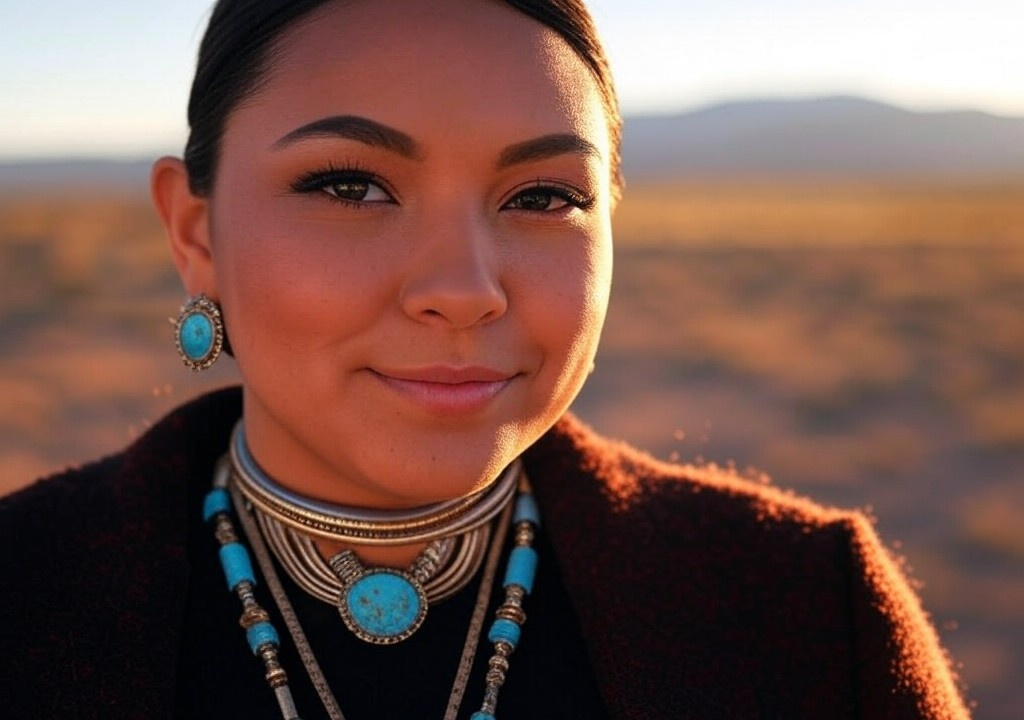They say you never forget your first love, but I think the same applies to your first byline. For me, it will always be the emotional equivalent of an over-the-top rom-com montage: equal parts cringe, revelation, and surprisingly meaningful. Spoiler alert: there were no grand romantic crescendos or fairy-tale endings—but my heart did somersaults in an entirely new way.
Let me set the stage. The world was still reeling in the early days of online blogging bonanzas. I was fresh out of college, full of oppositional zeal after years spent grappling with dusty theories in the fluorescent-lit halls of anthropology classes. I’d just begun freelancing full-time, cobbling together survival money while dreaming of penning the next Great American Novel… or at least landing enough gigs to keep me in green chile cheeseburgers. Then it happened: an editor responded to one of my desperate pitches.
A Byline, Born of Bullish Optimism
Here’s the thing: when you’re 23, you can convince yourself of a lot of things. That bangs will work on you (hello, forehead covering). That “volunteer experience” counts as 90% of your LinkedIn credentials. That writing a nuanced, 800-word essay about the significance of k‘é—the Diné principle of kinship and reciprocal care—will blow mainstream readers’ minds.
Guess which one of those assumptions I clung to?
I distinctly remember crafting that article in the corner of a cramped coffee shop in Albuquerque. The air smelled like espresso and mild panic. I alternated between staring seriously at my laptop and whisper-praying to my ancestors not to let me embarrass them. It was painfully earnest, like the breakup text you think will make you sound deep, but really just makes your ex screenshot it for their group chat.
A week after submitting, I got the email. They were publishing it. Next week. As an actual human essayist.
I should’ve felt euphoric, right? Like Carrie Bradshaw pulling on her first pair of Louboutins. Like Selena Gomez releasing a killer single post-breakup. Instead, it felt like standing naked in a snowstorm.
The Dreaded Impostor Syndrome Tango
When my byline finally went live, I celebrated in the most dignified way imaginable: a solo trip to a local diner, where I stress-ate fry bread and scrolled through the article six thousand times over. (I couldn’t even celebrate with champagne. Freelance life meant surviving paycheck-to-paycheck.) Each time I read the essay, I fixated on a different “literary crime” I’d committed:
- Was my opening too boring?
- What if I’d overdone the cultural references?
- Why didn’t I edit the last sentence to sound smarter?
It was like going on a date with someone you really like—but constantly worrying that you’ve got spinach in your teeth or that your laugh sounds too much like a hyena’s. Classic impostor syndrome.
I kept refreshing the article’s comments section like a lovesick teenager checking text receipts. Much to my relief, nobody called me out (yet). I got a few likes, one heartwarming comment from a cousin, and some polite claps online. Sure, it wasn’t the viral explosion I’d dreamed of, but who was I kidding? Starting something new—and vulnerable—always feels terrifying and awkward at first.
Lessons from a Tiny Byline
Here’s what surprised me: once the initial panic wore off, I realized my first published piece wasn’t just something I shared with the world. It was something I learned about myself. For anyone chasing a “first,” whether that’s writing an article, starting a new relationship, or deepening an existing one (because yes, self-expression and love are painfully intertwined), here are some takeaways I wish I’d embraced sooner:
-
Perfection is a mirage.
Chasing the perfect lead-in or flawless ending only delays the inevitable. Real connections—whether through words or relationships—happen when you’re authentically imperfect. Think of it like making fry bread: the dough might look messy, but the result, slight scorch marks and all, is still delicious. -
Your audience is rooting for you.
I was so convinced people would criticize everything in my article that I forgot to appreciate one simple reality: most readers were likely cheering me on. This applies in life, too. Your partner (or crush, or Tinder match) probably isn’t analyzing your every word. Spoiler: they just want to vibe with you. -
Take your wins.
I wasted so much energy downplaying my accomplishment instead of celebrating it. Trust me, whether it’s your first published piece or your ability to hold an intelligent conversation over bad tapas, you deserve to be proud. Find people who’ll hype you up when you forget to hype yourself. -
Every first is a jumping-off point.
That initial article didn’t garner awards or spotlight interviews, but it got my foot through the door of professional writing. Similarly, early dates or half-baked romances don’t need to end in Hollywood-style fireworks to matter. The magic is in the build.
From Byline to Bigger Dreams
Over the years, I’ve looked back on that first article often, especially on the tougher days. When I get stuck on a pitch, or my inner critic resurfaces (why do they always resurface?), I remind myself to love the journey. I’ve found this lesson rings true in both writing and relationships: they require patience, vulnerability, humor, and, yes, a willingness to risk sounding ridiculous.
Sometimes the scariest leaps—like hitting “send” on your first essay or saying, “I think I like you” out loud—become the stories that define us the most. Sure, your debut might read a little nervous or wobbly, but that’s what gives it heart.
And in a world that values curated perfection, a little rawness and honesty might just be the most powerful thing you can offer.
So, go ahead: shoot your shot, write your essay, ask them out. Whether you’re flirting with bold new ideas or deepening your bond with an existing muse, remember this: even the messiest firsts can plant beautiful seeds. And if all else fails? There’s always fry bread.




















